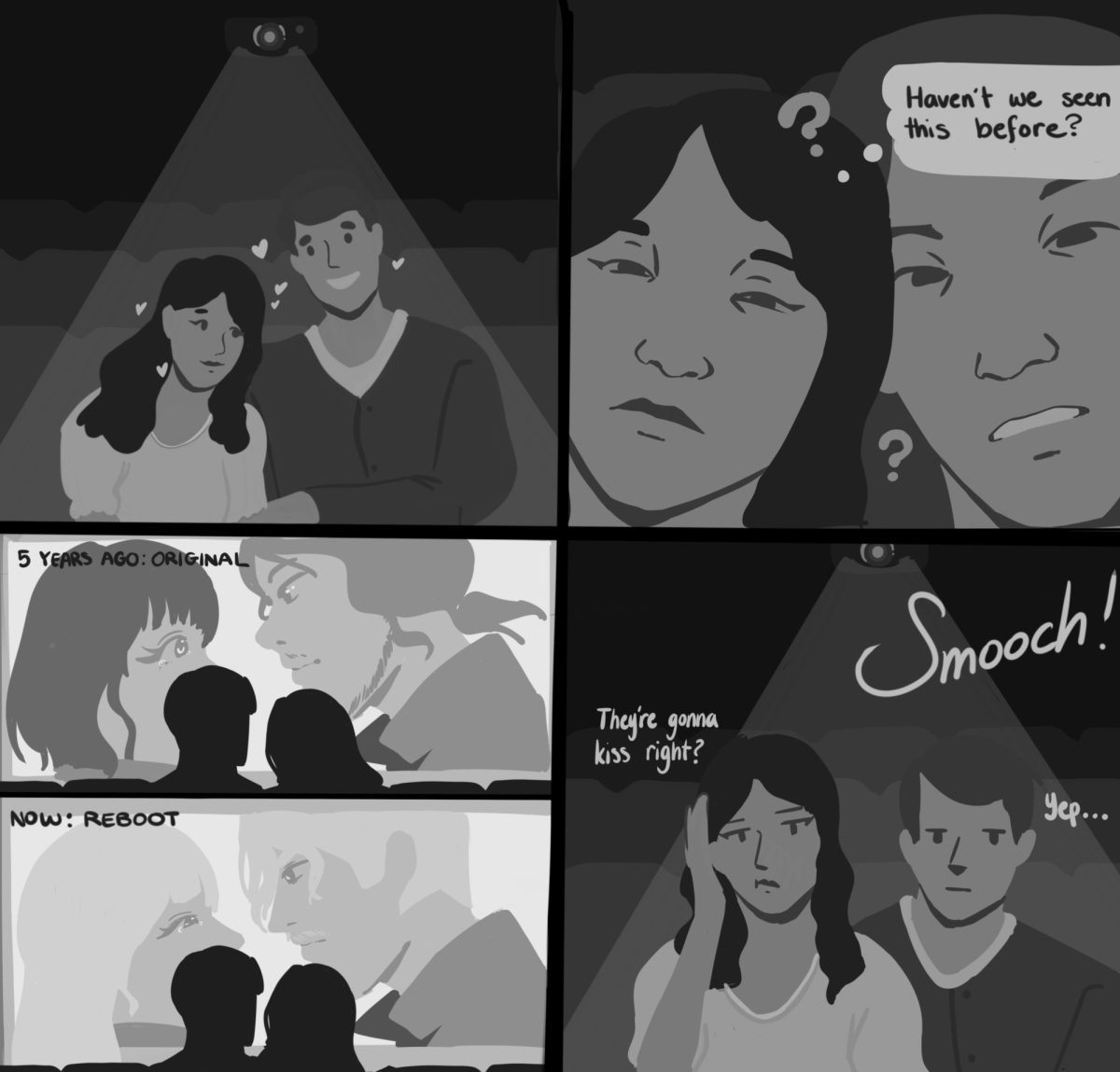Since 5 B.C., euthanasia, or intentionally ending the life of a human being to avoid pain and suffering, has been a highly contested subject. Euthanasia has been made illegal in all U.S. states, and physician-assisted death is legal in Washington, Oregon, Montana and Vermont. Euthanasia remains a point of heated debate, and the controversy around the subject only highlights the fact that definitive laws should be made as soon as possible, since safety issues occur with illegal human euthanizations and that can be extremely dangerous. Euthanasia should be legalized, but with strictly imposed consent laws and safety restrictions.
Legalizing human euthanasia would ensure a patient’s control over his death. If one is terminally ill and wants to avoid the suffering and pain that will be imminent in his condition, why shouldn’t he do so? How about when a patient is in a vegetative state, can no longer speak or even think and his heart is just kept beating by machines? This patient or his loved ones should have a say before he is kept alive procedurally for months, wasting thousands of dollars and keeping false hope of a miraculous recovery alive in his friends and family. Along with that, humans should have the right to die on their own terms. The right of death is protected by the same legal safeguards that guarantee such rights as marriage, procreation, and the refusal or termination of life-saving medical treatment. Right now, most states and hospitals allow people the right to a “Do Not Resuscitate” or have “No Code” written into their medical forms, which is a legal order to respect the wishes of a patient not to undergo CPR or advanced cardiac life support (ACLS) if his heart were to stop or he were to stop breathing. However, having guidelines for euthanasia would help in situations where DNR codes are not in place.
Although legalizing euthanasia primarily concerns the patient and their family, we also need to think about how it’d affect America economically. Practically, legalizing human euthanasia would result in decreased hospital bills and less government money spent on patients who are no longer functioning. Last year, the average patient’s last two months of life cost Medicare $55 billion on doctor and hospital bills alone. Twenty to 30 percent of these expenses have no real impact. Medicare is required to pay for most hospital bills with no questions asked, even if it’s paying for life support of terminally ill patients who are already on the cusp of death. The worst part is that patients usually aren’t given a choice in the matter of their passing. Family members are highly likely to keep their loved ones alive in vegetative states, even though the patients themselves would have rather preferred to be taken out of their misery, or have their last days spent in the comfort of their homes. Allowing terminally ill patients to have the choice of when they want to die could eliminate billions of dollars paid for by taxpayers.
Human euthanasia, if legalized, should be used as a last resort. It would be strictly and safely administered. It could ensure that patients and loved ones have some sort of control over a terrifying matter such as death. In the event of a terminal illness or a vegetative state, it could make the process of grieving and mourning for loved ones easier and the process of exiting the world more peaceful for the patient.
—Kozakevich,a junior, is a reporter.











